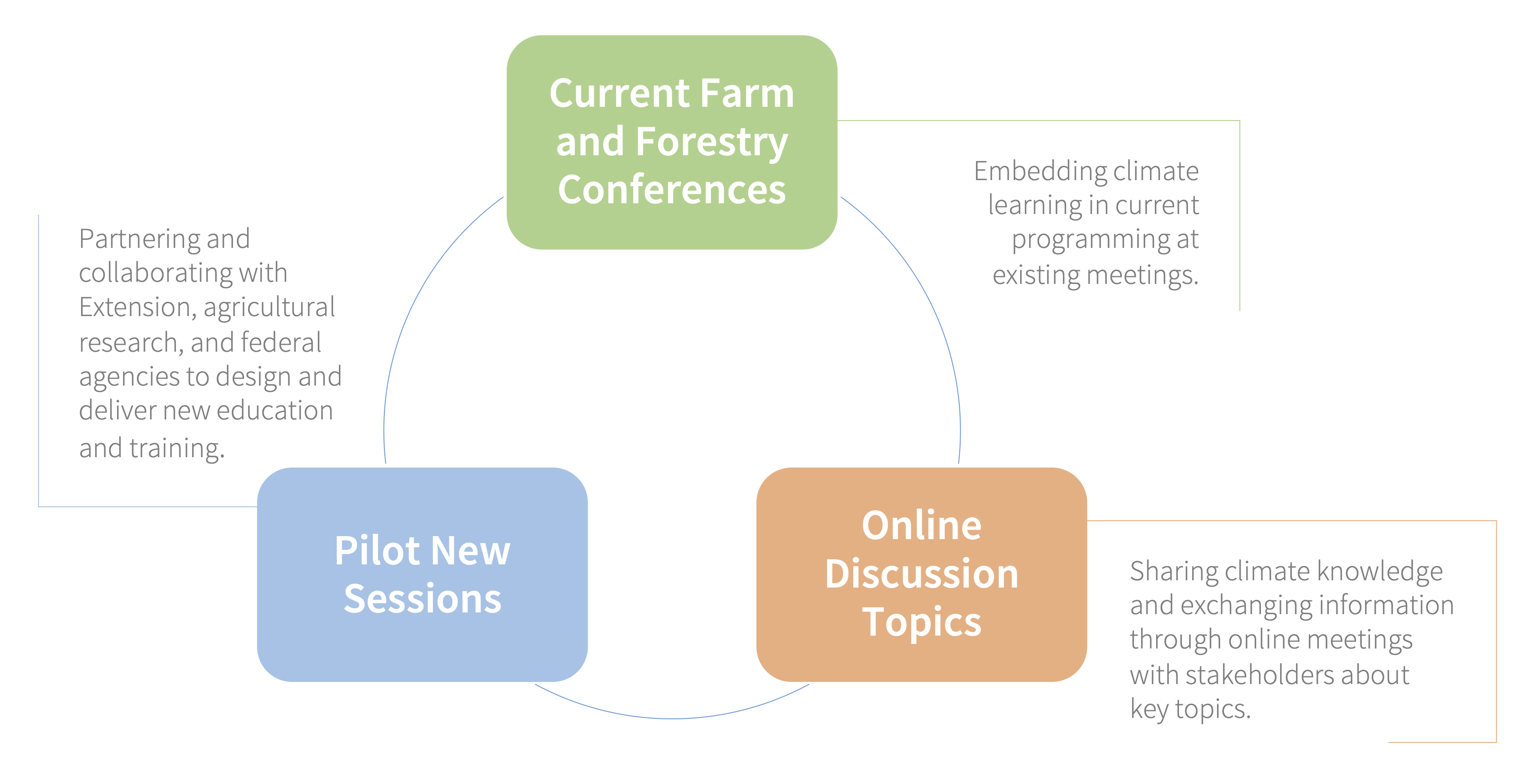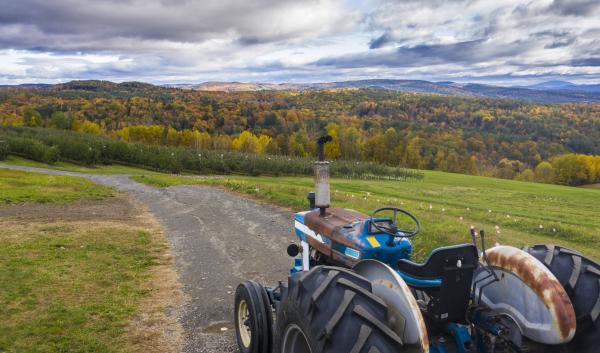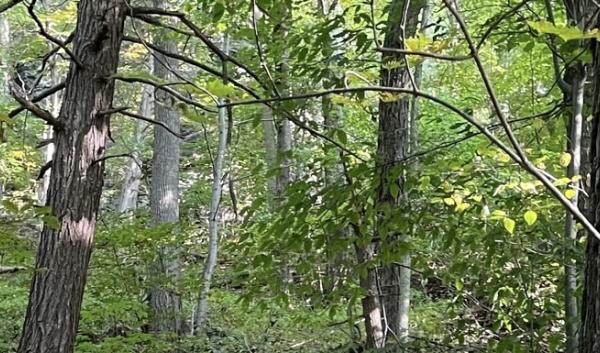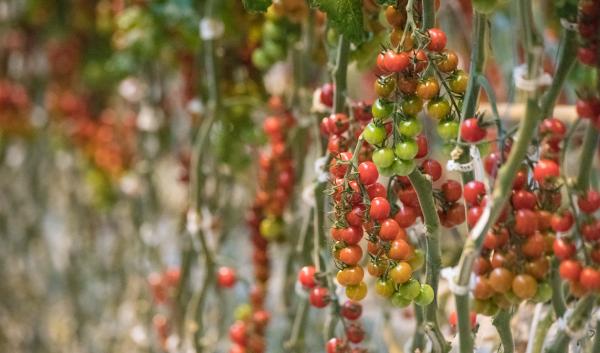The goal of the Climate Learning Forum is to bring together the diversity of perspectives and voices of agricultural and forestry service providers in order to collaboratively advance climate adaptation and mitigation on working lands in the Northeast.
The Climate Learning Forum will 1) offer ways to cooperate and discuss climate priorities among agricultural and forestry service providers through networking, and 2) improve connections and comfort levels among service providers.
Identifying climate learning priorities in the Northeast
As part of designing the Climate Learning Forum, we interviewed and listened to over 25 agricultural and forestry service providers1 to gain insights into priority issues. These conversations brought to light the following common issues:
- Ecosystem protection – Biodiversity is a key indicator of ecosystem health. Service providers, producers, and landowners can work together to promote biodiversity by protecting habitats of a variety of plant and animal species, thereby increasing resilience to climate change.
- Climate readiness and preparedness – Working lands can be made more resilient to climate impacts like floods, droughts, and high winds through coordinated and comprehensive disaster preparedness, planning, and climate readiness.
- Climate smart practices on working lands – Forestry, agriculture, and agroforestry practices that increase vegetation and conserve soil can reduce greenhouse gas emissions and increase carbon storage.
- Climate justice and equity – Climate impacts don’t affect all populations equally, so service providers are seeking more just and equitable approaches to alleviate climate impacts and support more vulnerable and diverse populations.
- Managing heat and water – Joint efforts by technical service providers, producers, and landowners to manage heat and water also improve nutrient management, reduce soil erosion, and reduce temperature and moisture extremes, resulting in healthier and more productive working lands.
Setting up the Climate Learning Forum
Northeast working landscapes are diverse, spanning farms, forests, conserved areas, and coastlines. Service providers are equally diverse, bringing a variety of perspectives and professions with a vast range of technical expertise to their work supporting farms, forests, and conserved areas in urban, suburban, and rural areas. Learning about - and sharing - these different areas of expertise will broaden the scope of provider knowledge. The increase in shared understanding of the different types of expertise will strengthen the abilities of individual service providers to provide better services to their clients. In order to meet the Climate Learning Forum’s goal of bringing the different perspectives and expertises from agricultural and forestry service providers together to collaboratively advance climate adaptation and mitigation on working lands, the we have structured the Climate Learning Forum is organized around three integrated activities:
- Meeting people where they are by organizing on-site learning and networking events at regional professional conferences with service providers and practitioners who are addressing the above climate-learning priorities. Integrating climate learning throughout these events helps meet busy people where they are.
- Hosting regular, online “cool topic” events where professionals can share topical knowledge and exchange information with stakeholders.
- Piloting new collaborative education and training sessions and initiatives focusing on priorities with Extension, agricultural research, and federal agencies.
-
Healthy Trees: A New Climate Learning Forum Initiative
The “Healthy Trees” initiative addresses and advances issues identified as priority areas - ecosystem protection, managing heat and water, and climate justice.
-
EVENT: Climate Smart Practices: Agroforestry - Alley Cropping and Silvopasture
November 2, 2023
Join a hands-on training session in Shelburne, Vermont covering two of the most in demand agroforestry practices - silvopasture and alley cropping.
-
Recap of June 2023 Healthy Trees Gathering in Vermont
Following several virtual meetings to discuss tree health in “Climate-Smart Agriculture and Forestry (CSAF) Mitigation Activities”, this gathering was the first time many of the professionals had met in person.
Program Schematic

Resources
- ATTRA Climate Beneficial Practices Primer
- USDA National Agroforestry Center [publications]
- Climate Adaptation Resources for Northern New England Farmers
1 The service providers included a cross section of agricultural university extension staff, university extension and government forestry staff, state and federal agencies including the USDA Natural Resources Conservation Services, Farm Service Agency, and non-governmental service providers such as American Farmland Trust and Northeast Organic Farming Association of Vermont.




